Evolution of Balance of Power in International Relations
Mon, 16 Aug 2021 | Reading Time: 4 minutes
The balance of power is one of the oldest concepts in International Relations. It implies that no country can overlook this concept. The balance of power encompasses general strategies for maintaining peace in world affairs. No state can become too strong in world affairs. In the past, when states tried to assert dominance over everyone, other nations allied to combat them. This pattern has repeated itself from the end of the Napoleonic Wars until the present day.
Throughout history, no single state has been able to dominate all and dictate their terms. A foundation stone of the doctrine of the balance of power was laid by the Treaty of Westphalia in 1648. Stability, being a natural phenomenon, implies that the policy of equilibrium is meant to be maintained amongst the states while preserving their sovereignty and territorial integrity when globally organized like the League of Nations in 1919 or the United Nations in 1945.
Nations should rely on morality and must not follow the path of power acquisition. The goal is to prevent any state from gaining a disproportionate amount of power. International politics is characterized by fluid alliances, and peace is the prevailing view. In ancient times, Athens began to increase its military power as a result of which Sparta formed a coalition of several city-states and fought against Athens to avoid being monopolized by Athens.
A similar thing happened when Britain, Prussia, and Austria teamed up to defeat Napoleon Bonaparte of France at Waterloo in 1815. It has happened time and time again. In the Age of Enlightenment (Renaissance), Europe emerged from the Dark Ages and laid the foundations for international law, diplomacy, and power balances. As a result, the English School became a quintessentially useful tool in IR theory.
At the Vienna Congress in 1815, European nations made a concerted effort to establish national sovereignty and balance of power as core principles. The concert of the European model was introduced by Prince Metternich of Austria, which meant recognizing the balance of power in Europe. It was determined that 4-5 major countries will maintain the balance of power in Europe. An attempt to disturb the balance of power will be met with resistance by the other nations as a whole.
It served as a means of establishing peace between minor powers and protecting their sovereignty. Nearly 100 years of peace in Europe were made possible by this idea. However, it was unsuccessful in maintaining peace, and Europe witnessed WW-1. Woodrow Wilson (former US President) tried to institutionalize after WW-1 by creating the League of Nations. It was difficult to maintain the sanctity of rules of law and order if there was no international actor or organization. Due to several factors, the League of Nations was not able to provide collective security. This resulted in WW-2, which devastated Europe and made the world bipolar between the US and USSR. Power was once predominantly determined by dominance over the sea.
Technology nowadays is worldwide, and cyberspace has become the new gold as data is considered the most valuable commodity in modern society. Monopoly in trade is another important factor.
In the words of Henry Kissinger (Former United States Secretary of State) that “America has no permanent enemies or friends, just interests” holds for almost every country. It derives its origins from the concept of Realism. The Mandal Theory of Chanakya also contains similar ideas regarding how a state should operate in an International Forum. World War I and II both saw the United States and the Soviet Union fighting on the side of the allied powers against Nazi Germany and other axis powers. 1991 saw the dissolution of the USSR. Thirteen countries were formed, and one remained, which is now called Russia. 2014 saw Russia and the United States partnering up again to combat ISIL (Islamic State of Iraq and Levant).
A nation’s acquisition of nuclear weapons challenges the power balance theory since once they acquire nuclear weapons, they must rely upon a force balance. Additionally, it might be problematic under rogue regimes. Presently, the Indo-Pacific region i.e. the formation of QUAD is the perfect example of the theory of balance of power. The Quadrilateral Security Dialogue is a group of four countries: the United States, Australia, India, and Japan that promotes maritime cooperation among them to keep China at bay. Furthermore, China’s 9 dash-line theory undermines the maritime territorial integrity of ASEAN nations.
As China has used unfair and hegemonic trade practices with a debt-trap strategy, it is in direct conflict with the neoliberal model of development, espoused by the World Trade Organization (WTO) and the International Monetary Fund (IMF). We are now witnessing several examples, such as the Hambantota Port in Sri Lanka and the CPEC in Pakistan. Also in Africa, there are numerous infrastructure projects enmeshed in debt.
During Donald Trump’s tenure as US president, a debate about trade imbalances and protectionism erupted. Additionally, trade was used as a tool of aggressive diplomacy in contrast to the military. Increasing tariffs and restrictions on marketing access, along with sanctions counter-sanctions, became the new normal. To counter China’s growth in Indian markets, India did not join RCEP following the same protectionism policies. In the national interest of the country, cooperation, war, rivalry, and rapprochement all take place. The formulation of a nation’s foreign policy is influenced by three factors: internal factors, external factors, and policy-making factors.
We live in a multipolar world with power centers such as the US, Russia, China, India, UK, France, Germany, etc. The power struggle between the United States and China brings us to Thucydides’ theory. As a final thought, everything is related to Thucydides’ theory. Thucydides’ theory regards the conflict that occurs when a rising power threatens to displace an existing one. Rising power that threatens to replace a ruling power causes structural stress, and violent clashes are not the exception, but the rule.
Disclaimer
The opinions expressed in this article are the author’s own and do not reflect the views of Chanakya Forum. All information provided in this article including timeliness, completeness, accuracy, suitability or validity of information referenced therein, is the sole responsibility of the author. www.chanakyaforum.com does not assume any responsibility for the same.
Chanakya Forum is now on . Click here to join our channel (@ChanakyaForum) and stay updated with the latest headlines and articles.
Important
We work round the clock to bring you the finest articles and updates from around the world. There is a team that works tirelessly to ensure that you have a seamless reading experience. But all this costs money. Please support us so that we keep doing what we do best. Happy Reading
Support Us





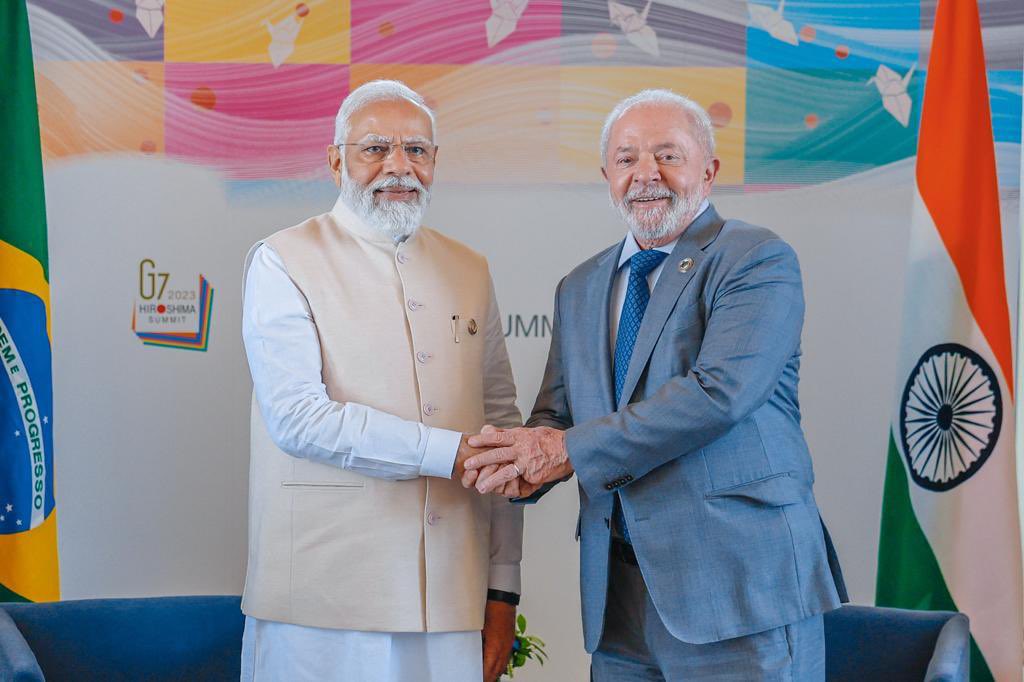

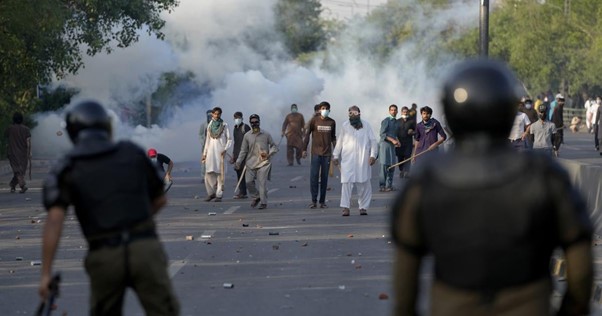

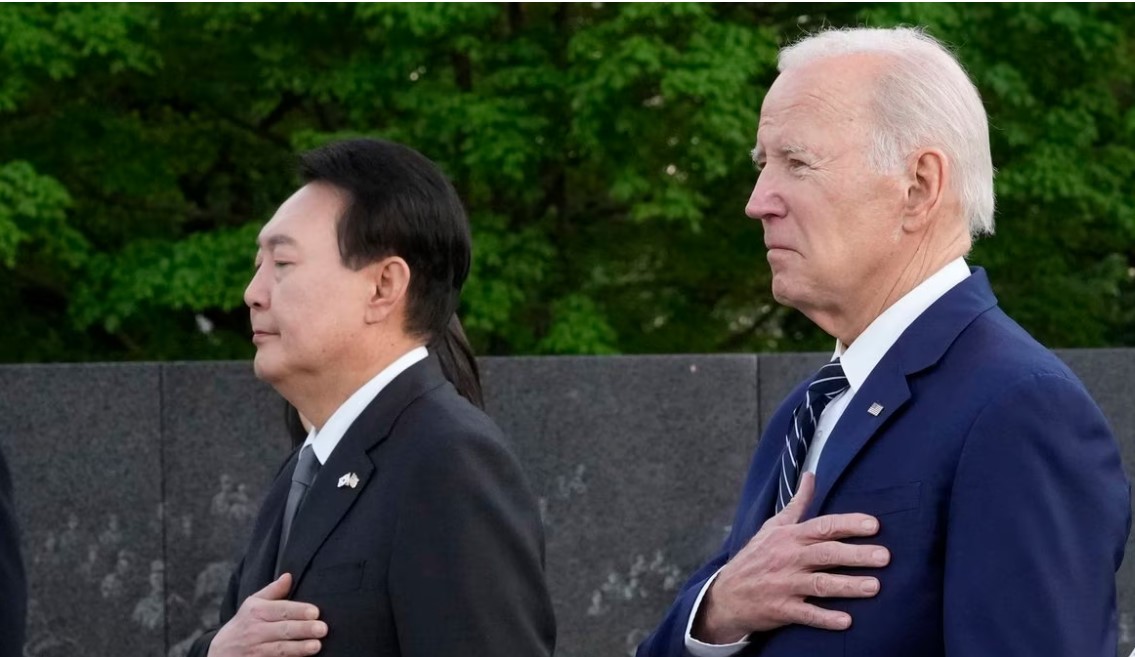

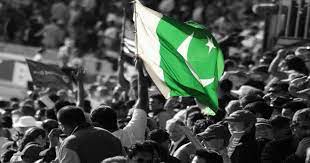
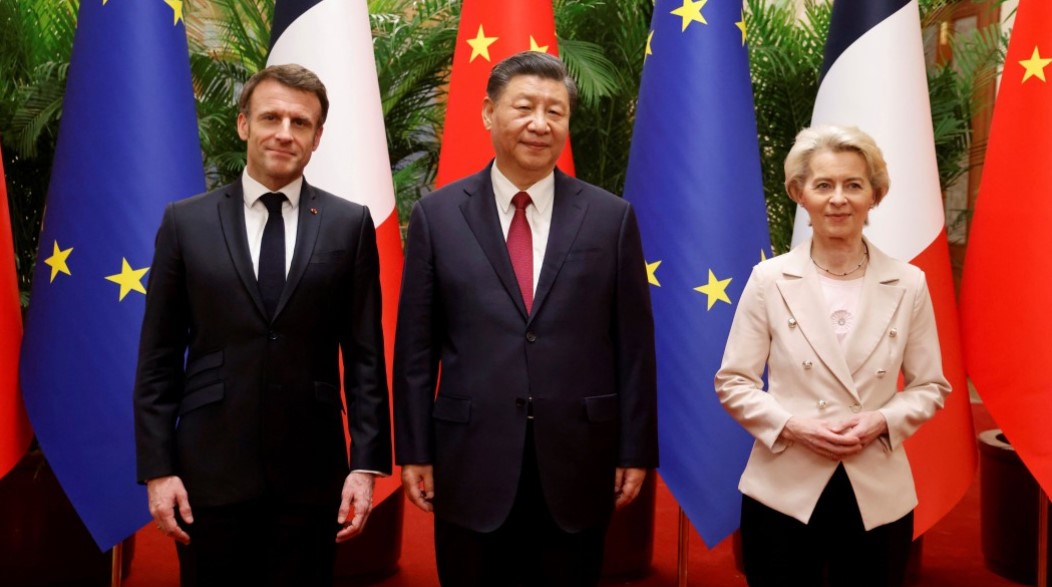







POST COMMENTS (9)
Vikas Kumar
Vyoma
Vyoma
VIMALJEET SINGH
Aprameya
Chandan Gupta
BHARAT BHUSHAN
Yogesh Mishra
Vinay